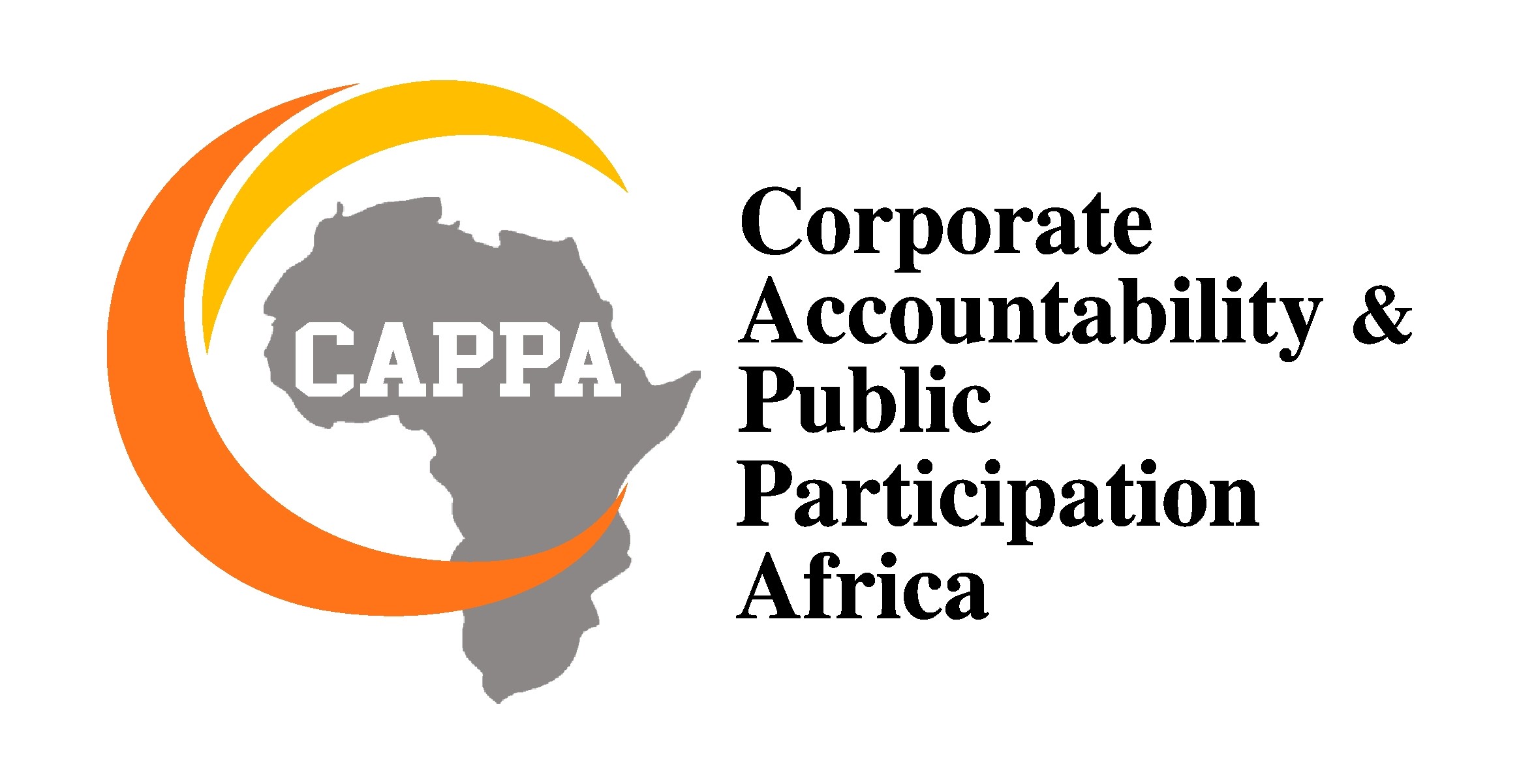ByJKNewsMedia
PROPOSALS TO limit Nigerian student loans to “high-demand” courses have sparked criticism from education stakeholders, who argue the move will deepen inequality and undermine intellectual diversity.
Corporate Accountability and Public Participation Africa (CAPPA) has labelled the policy discriminatory, stating it prioritises profit over equitable access to higher education.
During a virtual event, NELFUND’s Managing Director, Akintunde Sawyer, disclosed plans to focus loans on courses deemed “practical” for national development, such as engineering and IT, while excluding fields like language studies.
This decision, he suggested, aligns with job market realities and the need for borrowers to repay loans.
CAPPA warns the proposed shift could marginalise students in the arts and humanities, aggravating disparities in a system already strained by rising tuition fees.
Public universities have increased fees from N19,000 to over N200,000, forcing many students to abandon education or seek desperate measures for funding.
“This policy reflects a commodification of education,” CAPPA noted.
The organisation criticised the notion that disciplines outside STEM fields lack value, emphasising their importance in fostering critical thinking and cultural development.
Nigerian graduates, even in high-demand fields, face an unemployment rate exceeding 33%, further complicating the justification for this policy.
CAPPA then questioned the government’s ability to create jobs and warned that sidelining non-STEM courses risks alienating young Nigerians.
Zikora Ibeh, CAPPA’s Senior Programme Manager, highlighted the potential damage to the teaching profession. “Labelling some subjects as worthless diminishes morale and discourages new educators,” she said.
Ibeh also drew parallels to the 2009 removal of history from school curricula, calling the student loan plan another step backward.
With only 7.3% of the national budget allocated to education in 2025, CAPPA urged the government to address chronic underfunding rather than impose restrictive policies.
It called for increased investments across all disciplines, vocational training, and critical infrastructure, such as transportation and power, to support national development.
CAPPA further encouraged civil society, students, and academics to resist the policy and demand a more inclusive vision for education, ensuring no discipline or demographic is left behind.





